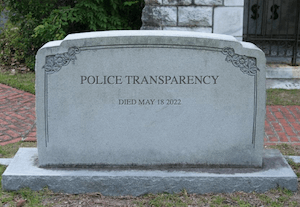WYOMING COUNTY (WBRE/WYOU) — One county is implementing a new way to fight the opioid and prescription drug abuse epidemic. It's a tool people can access from their own homes.
Wyoming County is looking to combat that crisis and make drug disposal more convenient by sending every household in the county a drug deactivation pouch. It's a tool county officials say can help save lives.
"This is to remove the temptation of pills sitting in a purse, sitting in a medicine cabinet," said Wyoming County District Attorney Joe Peters.
Through the use of state opioid settlement funds, Wyoming County is hoping to help keep young and at-risk people away from getting into old prescriptions by mailing out Deterra drug deactivation pouches to its residents.
"These are for any pills any medication patches any solutions, any liquids any salves, you just dump it all in there and it takes care of it," Peters explained.
The county already runs a prescription drug takeback program several times a year.
They also have a drug disposal box in the courthouse full-time for the same purpose.
County officials say this new method will make disposal more convenient for their large population of seniors.
"One of the problems in an area like ours is transportation, and we live sometimes in some very rural areas," said Wyoming County Commissioner Ernie King.
15th Annual First Responders Luncheon held in Scranton
The process is simple: put the pills in the pouch, add water, seal, shake, and dispose.
Each one comes in a postcard with instructions and helpful resources.
Wyoming County is the first county in NEPA to distribute the Deterra bags.
Officials say the mailing of pouches has already started. It's the first step in their plan to combat an ongoing crisis.
"This just being one of the different areas that we're looking to help people with," said Wyoming County Commissioner Tom Henry.
In addition to the Deterra pouches, county officials say they will use the funds to hire a substance use disorder and mental health specialist to respond to police calls.
They also plan to put more prevention and awareness programs in place.
